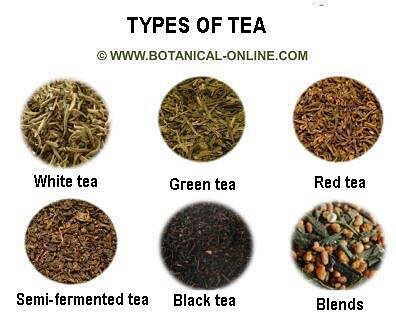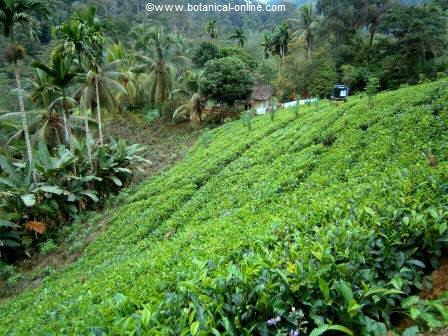Contents
TEA FOR PREGNANCY AND LACTATION
EFFECTS OF TEA DURING PREGNANCY AND LACTATION
Can you drink tea during pregnancy?
Yes, it is permissible to drink a small amount of tea during pregnancy, although it is recommended not to drink stimulants during this stage.
Drinking tea during pregnancy presents some contraindications because it contains caffeine. This is because caffeine can pass the placenta or breast, to the fetus or baby.
Experts have established tea intake does not exceed 200 mg. of caffeine a day. This equates to three cups of green tea or two espresso coffees. Other beverages such as colas, guarana or soft drinks also have caffeine.
Content of caffeine in some stimulating drinks | |
| Beverage | Mg. of caffeine per cup of 200ml. |
| Energetic drink | 85 |
| Coffee | 80 |
| Cola | 50 |
| Hot chocolate | 40 |
| Black tea | 40 |
| Semi-fermented tea | 30 |
| Red tea | 25 |
| Green tea | 20 |
| White tea | 15 |
| Rooibos | 0 |
Green tea provides half the caffeine than coffee
Risks of caffeine for pregnancy
It is known that daily doses greater than 200 mg+ of caffeine can cause abortion or malformations in the baby, and that women who drink caffeine during pregnancy are more likely to have babies with low weight.
On the other hand, you have to consider that high caffeine consumption causes problems that affect people in general and that can be seen heightened during pregnancy, such as hypertension, heartburn, vomiting, etc.
.

Different types of tea
What tea can be taken during pregnancy?
It is recommended that pregnant women stop taking or reduce to the lowest possible the consumption of coffee, tea or other caffeinated beverages.
In case of drinking tea, the most recommended are those low in caffeine, like white tea (which contains less caffeine and more antioxidants) or green tea.
Pregnant women have to be advised against rich-caffeine teas as black tea. Still, they have to consider that a cup of black tea provides half as much caffeine as coffee, so, tea it is more recommended than coffee.
Pregnant women who are susceptible to the effects of caffeine, or those who simply do not want caffeinated beverages, can use one of these tea alternatives:
– Coffee substitutes: During these times, it is better to take a coffee substitute that does not contain caffeine, such as chicory coffee or malt, for example.
– Rooibos: Alternative to caffeine free tea, native of South Africa, can be taken alone or purchase blends with mint, mint or other herbs.
– Carob flour: Substitute for the stimulant alkaloids of chocolate. Carob flour is used as cocoa powder mixed with milk in the morning, and does not have the stimulating effects of chocolate.
– Decaffeinated coffee: It contains 5 mg. of caffeine, a contribution well below the normal tea (80 mg.) although similar to white tea.
Can you drink tea while breastfeeding?
Nor is it very suitable to drink tea during lactation, at least this tea should be taken in moderate amounts since caffeine crosses the breast to get milk. Babies take from 80-100 hours to eliminate caffeine from their body.
Caffeine can cause problems of nervousness, insomnia or irritability in infants.
![]() More information on tea.
More information on tea.








